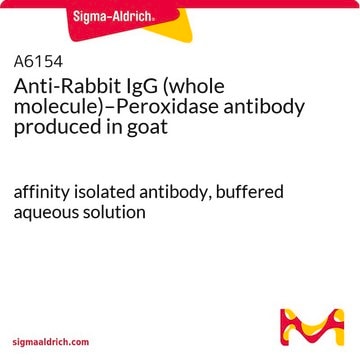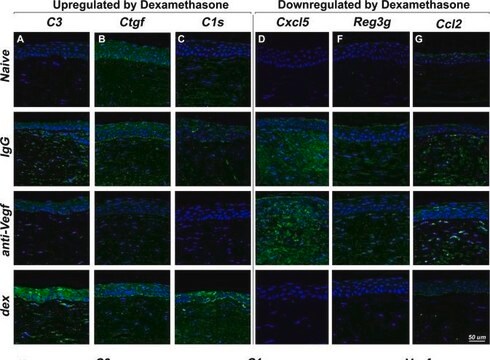P6499
PNU-282987 hydrate
solid, ≥98% (HPLC)
Synonym(s):
N-(3R)-1-Azabicyclo[2.2.2]oct-3-yl-4-chloro-benzamide monohydrochloride hydrate
About This Item
Recommended Products
Assay
≥98% (HPLC)
form
solid
storage condition
desiccated
solubility
DMSO: >10 mg/mL
storage temp.
2-8°C
SMILES string
Cl[H].[H]O[H].Clc1ccc(cc1)C(=O)N[C@H]2CN3CCC2CC3
InChI
1S/C14H17ClN2O.ClH.H2O/c15-12-3-1-11(2-4-12)14(18)16-13-9-17-7-5-10(13)6-8-17;;/h1-4,10,13H,5-9H2,(H,16,18);1H;1H2/t13-;;/m0../s1
InChI key
OCWLMMBVXIESNP-GXKRWWSZSA-N
Application
Biochem/physiol Actions
Features and Benefits
Caution
Storage Class Code
11 - Combustible Solids
WGK
WGK 3
Flash Point(F)
Not applicable
Flash Point(C)
Not applicable
Certificates of Analysis (COA)
Search for Certificates of Analysis (COA) by entering the products Lot/Batch Number. Lot and Batch Numbers can be found on a product’s label following the words ‘Lot’ or ‘Batch’.
Already Own This Product?
Find documentation for the products that you have recently purchased in the Document Library.
Our team of scientists has experience in all areas of research including Life Science, Material Science, Chemical Synthesis, Chromatography, Analytical and many others.
Contact Technical Service








